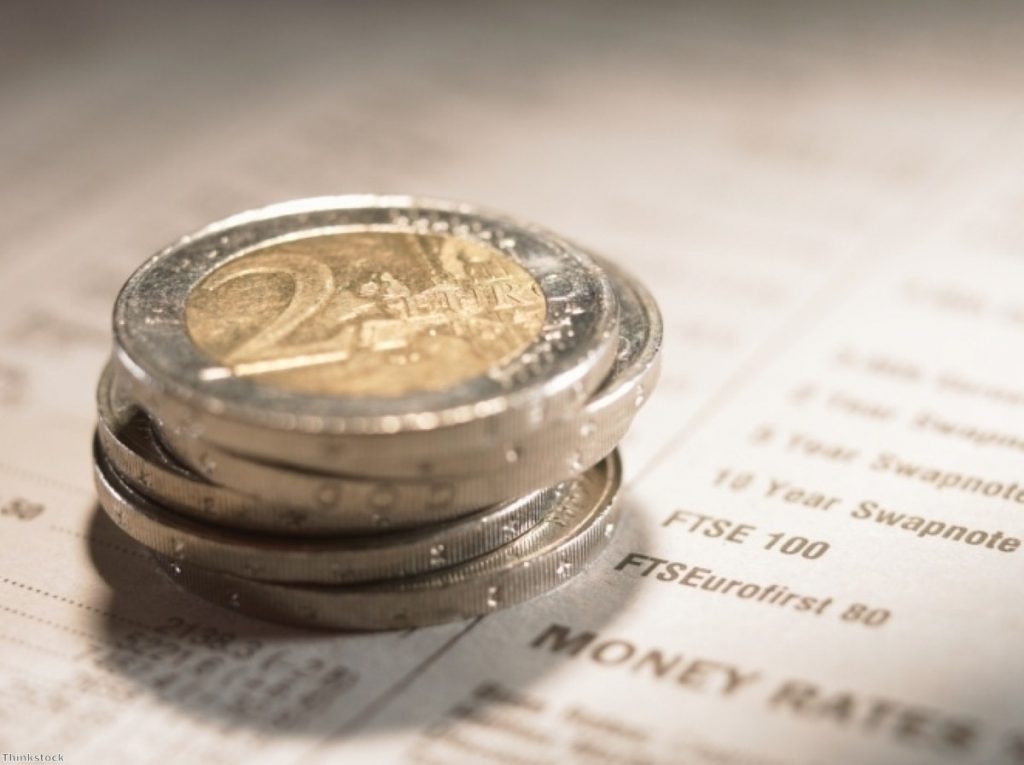According to the Bank for International Settlements (BIS), the global forex turnover in April 2022 hit $7.5 trillion a day. The dominant currency remains the US dollar and London is the top trading hub. However, Brexit has dealt a severe blow to the UK, and as a result, other forex trading centers are also becoming prominent.
Investors and traders across the forex space are constantly looking for winning strategies to try and profit from market movements. Despite the push, there still are traders who ignore forex money management whether deliberately or due to a lack of awareness. If you want to find out how good your trading knowledge is, taking a trading quiz can help you take your skills to the next level.
What Is forex money management?
Forex money management is simply the process that investors and traders use to manage the financial resources in their trading accounts. The most fundamental principle of forex money management is that traders must take all measures possible to preserve their capital.
In line with veteran investor Warren Buffet’s thoughts, traders must take caution to “Never Lose Money”. However, this shouldn’t be taken to mean that they won’t lose trades. It means that losses must be within manageable parameters.


Putting a break to losing money in forex
Trading is a business whose goal is to make and not lose money. That notwithstanding, many traders including experienced forex investors have lost capital at one point or another. In fact, the disclaimer most investment organizations give is that you may lose all your money including the capital you put in. With the rising inflation and households’ budgets being squeezed, the last thing you would wish for is to lose money trading forex.
The question that traders must always contend with is how to finetune their strategies to minimize losses and maximize their gains. This is what foreign exchange money management is all about. There are rules that can help you stay on the straight and narrow.
Forex money management tips to follow
To help you enhance your forex trading success here are four money management rules. You are free to tailor them to suit your trading strategy.
Size Your Positions
Every position you enter in forex trading involves risking some of the resources in your trading account. Top traders and mentors usually advocate for 2% of your trading capital. This means if you have $10,000 in your account, you should risk only up to $200 per trade.
Proponents of the anti-martingale money management technique usually vary the sizes of their trades based on the most recent performance. For instance, in case of a gain, the trader doubles their subsequent position size. However, for a loss, the trader halves their next position size.
Put a Maximum Account Drawdown
In foreign exchange money management, a drawdown refers to the difference between the highest trading account value and the value of the account after a loss. If your account had $100,000 and you lost $2000, the loss equates to a 2% drawdown.
A larger drawdown may make it harder for you to come back after a loss. One of the best ways to set a drawdown is to do trading strategy backtesting. For instance, you can test up to 40 of your trades and get the average drawdown. If the average is at 6%, then you can apply that. This means any trade above 6% will close.
Assign a Risk Reward Ratio
As a rule of thumb, your winning trades must be twice as large as your losing trades, at least on average. Even if you win only a third of the trades that you enter, you can easily break even with this risk-reward ratio.
One thing you need to note though is that a risk-reward ratio of say 1:1 means you must win more trades to break even than a risk-reward ratio like 3:1.
Plan Your Exit Using Stop Loss and Take Profit
Stop loss helps a trader to minimize their losses while taking profit helps in maximizing their gains. When the stop loss limit or take profit level is triggered, the position closes.
There are trades that will trigger stop loss levels and thereafter turn around to record some of the biggest gains. However, the reverse is also true and therefore you must learn how to stick to your rules and only change where necessary.
Conclusion
Forex money management is a practice that traders and investors must not ignore. It helps in ensuring that your trades are not so much exposed to losses that wipe out your capital. As you work through the rules, you will need to tweak them from time to time as circumstances change to optimize your trades.












